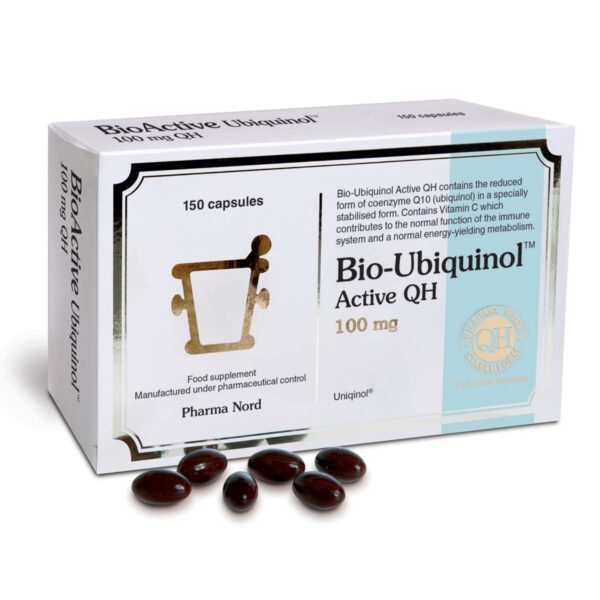
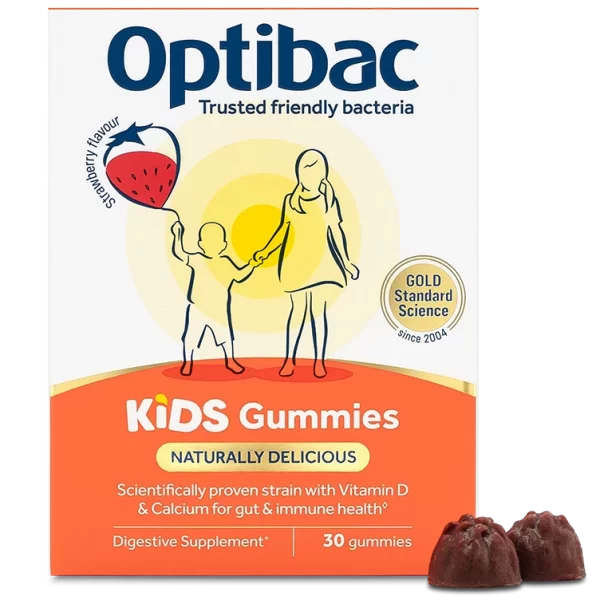
Hyaluronic Acid (2% W/V) 25ml MooGoo
£23.90 Original price was: £23.90.£19.99Current price is: £19.99.
Hyaluronic Acid
Hyaluronic acid (HA) is a naturally occurring substance that is found in the human body, particularly in the skin, eyes, and connective tissues.
It plays a crucial role in maintaining moisture and lubrication in various parts of the body. HA is a glycosaminoglycan, which is a type of carbohydrate molecule that is part of the extracellular matrix, providing support to cells and tissues.
Hyaluronic Acid Benefits
1. **Skin Health**: In the context of skincare, hyaluronic acid is often used for its ability to retain water, making it a popular ingredient in moisturizers, serums, and other skincare products. It helps to keep the skin hydrated, plump, and youthful-looking.
2. **Joint Health**: HA is also present in the synovial fluid that lubricates joints. It acts as a cushion and shock absorber, helping to reduce friction and provide flexibility to the joints. In cases of conditions like osteoarthritis, injections of hyaluronic acid are sometimes used to provide relief and improve joint function.
3. **Medical Applications**: Hyaluronic acid has various medical applications, including in ophthalmology for eye surgeries and treatments. It can be used to help heal wounds, reduce inflammation, and provide a barrier for tissues during surgical procedures.
4. **Dermal Fillers**: HA is a common ingredient in dermal fillers used for cosmetic purposes. When injected into the skin, it can fill in wrinkles and lines, adding volume to areas that have lost elasticity due to aging.
5. **Aging and Sun Damage**: The natural production of hyaluronic acid in the body decreases as we age, contributing to the development of wrinkles, fine lines, and sagging skin. Environmental factors like sun exposure can also degrade the existing HA in the skin.
6. **Topical vs. Injectable**: Hyaluronic acid is available in both topical and injectable forms. Topical products are applied directly to the skin’s surface and can provide hydration benefits. Injectable treatments involve injecting HA into the skin or targeted areas for more immediate and pronounced results.
7. **Safety**: HA is generally considered safe when used as directed. Allergic reactions are rare, as it is a substance naturally found in the body. However, individuals with a history of allergies or skin sensitivities should still exercise caution and do a patch test before using new skincare products.
It’s important to note that while hyaluronic acid can offer various benefits, individual responses can vary. If you’re considering using hyaluronic acid products or treatments, it’s a good idea to consult with a dermatologist or healthcare professional to determine the best approach for your specific needs and concerns.
Niacinamide; where to begin. Firstly, it’s a form of Vitamin B3 and is best known for balancing your skin’s natural oil production.
This helps reduce excess oils from building up and becoming rancid on the skin which can lead to breakouts. Nobody likes breakouts. It also helps to maintain and improve skin barrier function which helps keep moisture in and pollutants/irritants out; vital for good skin health.
Of course, there’s more. Niacinamide is well tolerated by all skin types and is known to improve skin tone whilst reducing redness from breakouts and calming skin irritation.
Sounds like there isn’t much Niacinamide can’t do, and the research keeps coming out to back it up, making it one of the most versatile and exciting skincare ingredients on the block.
We love well-researched ingredients with a clinical track record and we also love seeing results, which is why we put enough of it in this serum to make a noticeable difference to your skin. You’d be surprised how uncommon that is.

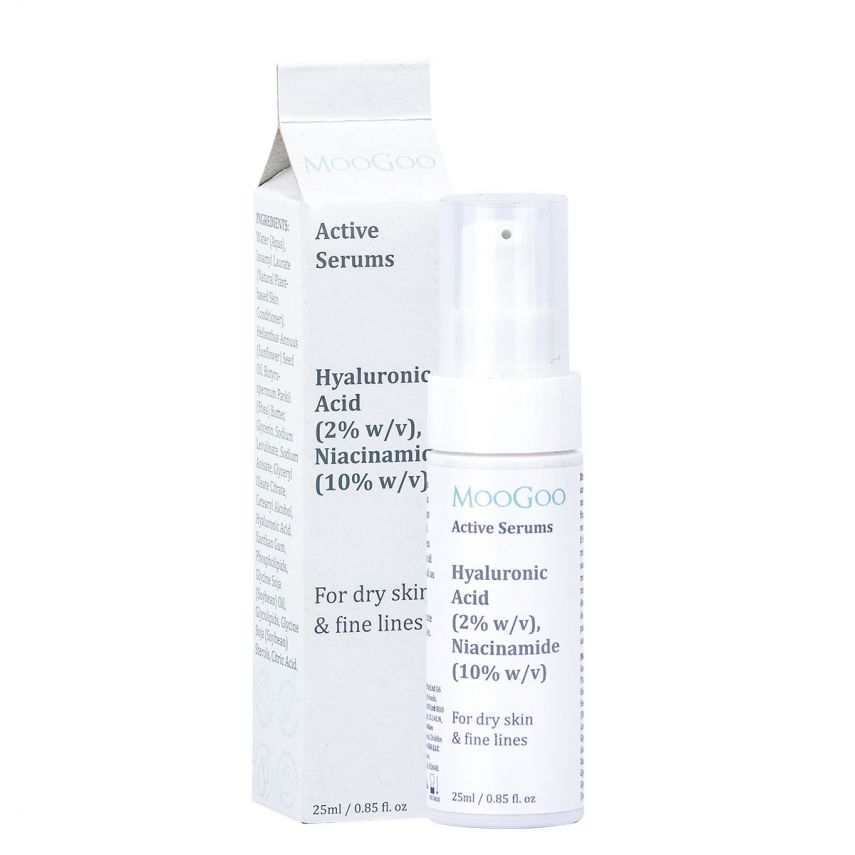


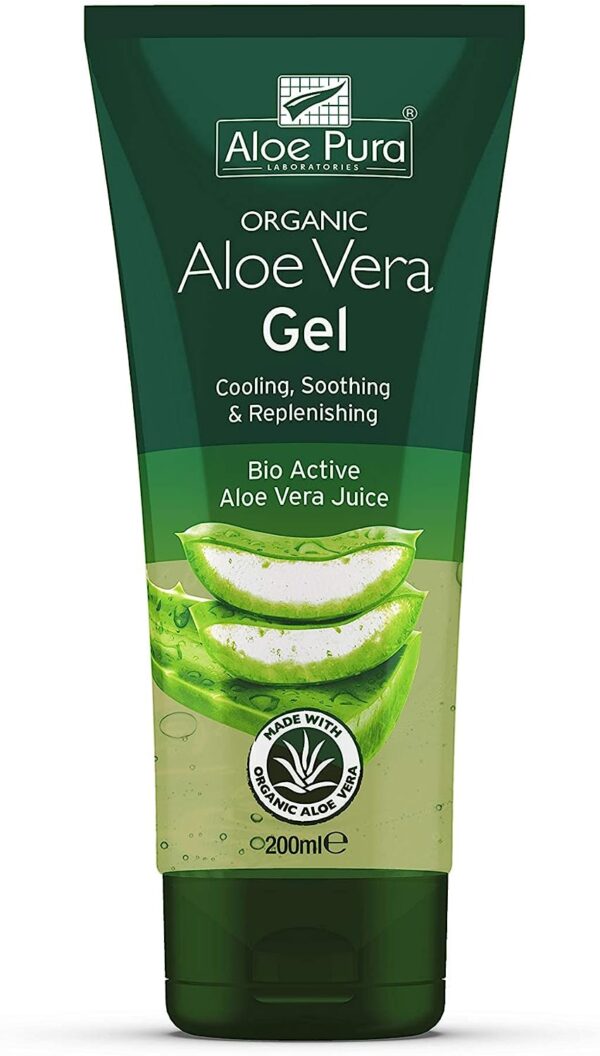
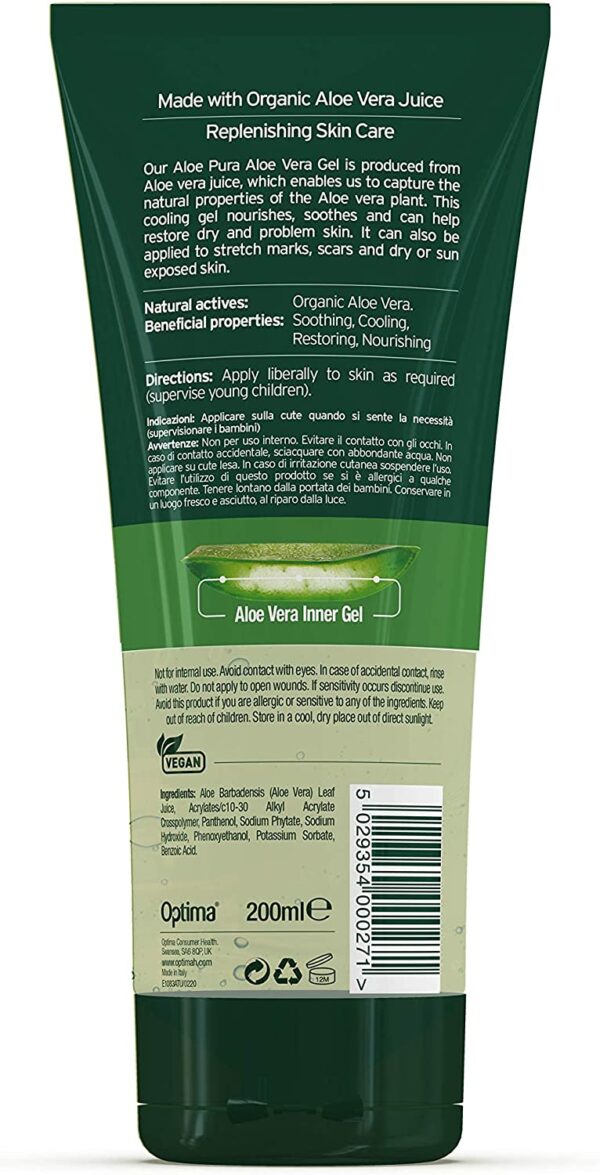
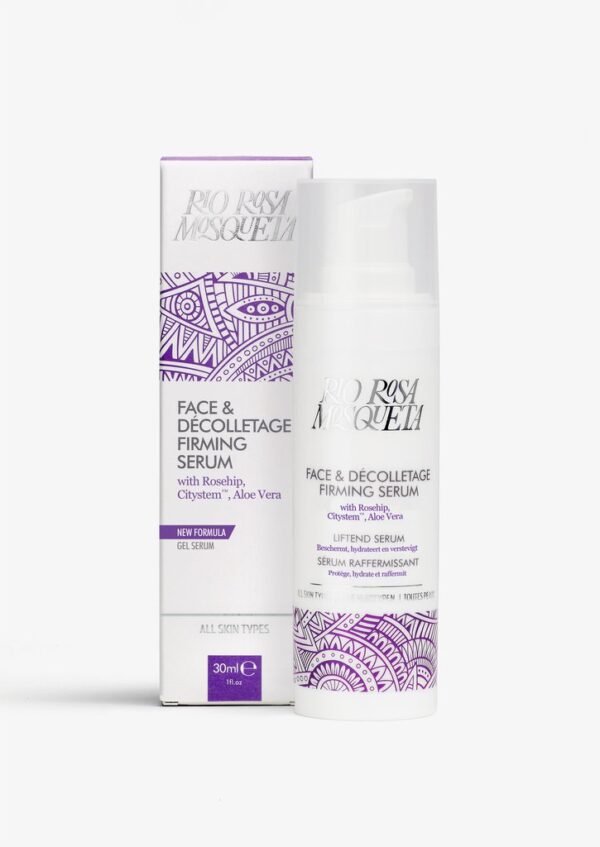
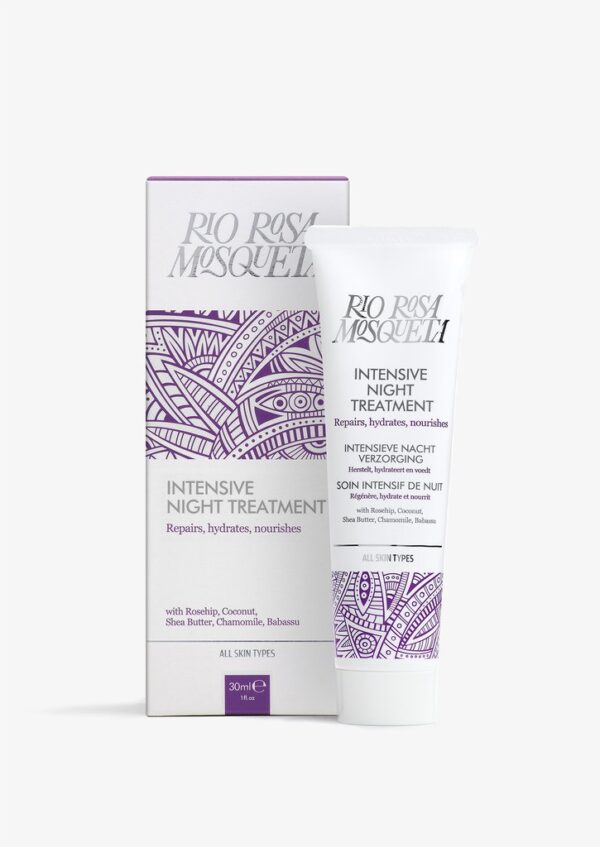
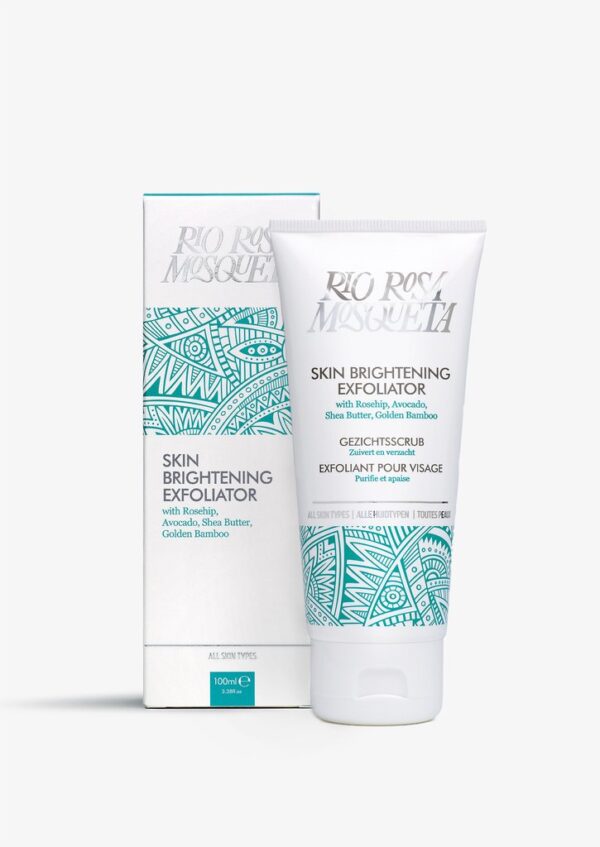
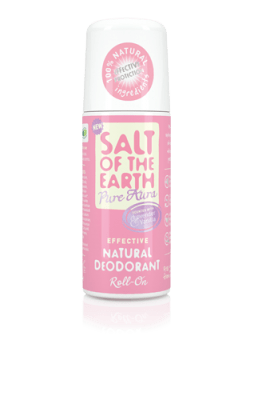
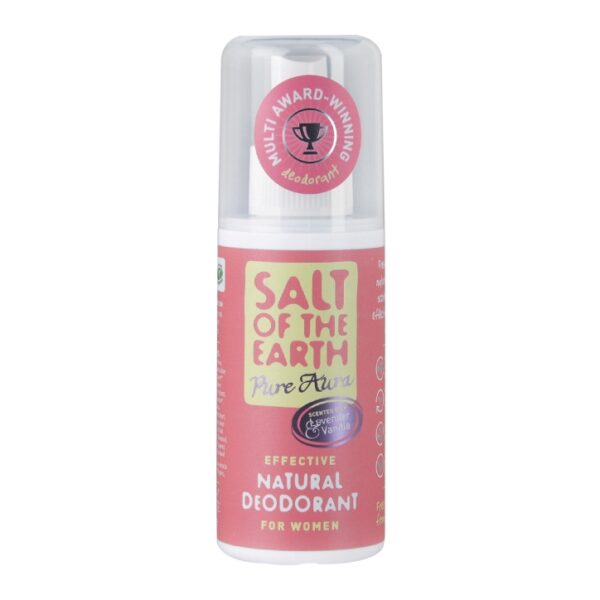




Reviews
There are no reviews yet.